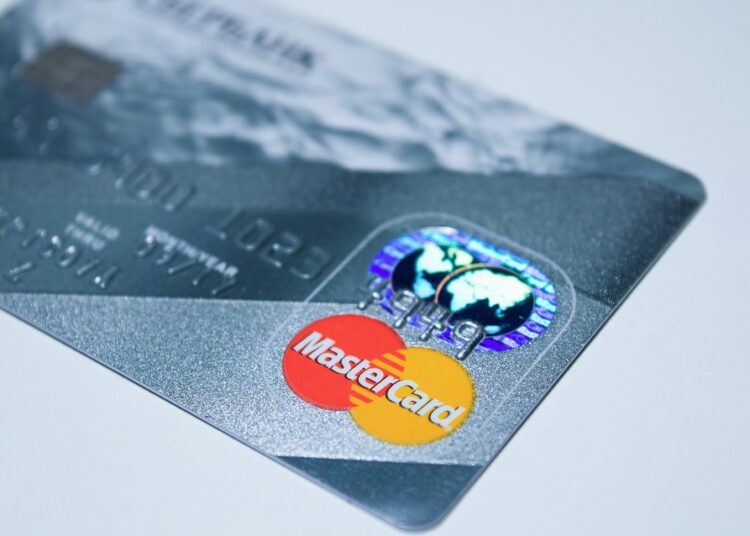Hey there! If you’re a recent university graduate in your early twenties, just starting to navigate the vast world of personal finance after landing your first job, you might be feeling a little overwhelmed. Trust me, you’re not alone! Many young adults face a whirlwind of financial decisions that can lead to anxiety—especially when it comes to understanding things like credit scores.
In this guide, we’ll break down what a credit score is, why it matters, and how you can start building healthy financial habits today. Let’s make this journey less daunting and more empowering!
What Is a Credit Score?
A credit score is like a financial report card. It’s a three-digit number that reflects your creditworthiness, which is basically how likely you are to pay back borrowed money. This score is primarily influenced by:
- Payment history (are you paying your bills on time?)
- Credit utilization (how much of your available credit you’re using)
- Length of credit history (how long you’ve had credit accounts)
- Types of credit (loans, credit cards, etc.)
- Recent inquiries (how often you apply for new credit)
Understanding your credit score is crucial because it can impact your ability to get loans, rent an apartment, or even get a job, depending on the employer’s policies.
Why Does Your Credit Score Matter?
1. Impact on Loans and Interest Rates
When you apply for a loan to buy a car or a house, lenders will look at your credit score to decide how much to lend you and at what interest rate. A higher score can mean:
- Lower interest rates, which save you money over time.
- Better loan terms, making it easier to manage monthly payments.
2. Renting an Apartment
Landlords often check credit scores as part of the tenant screening process. A solid credit score may give you an edge in securing a rental, while a lower score could lead to potential rejections or higher deposits.
3. Employment Opportunities
Some employers review credit scores as part of their hiring process, particularly in financial sectors. They want to know that you’re responsible with money and can be trusted in sensitive positions.
How Is a Credit Score Calculated?
Understanding the components of your credit score can help you manage it better. Here’s a brief overview:
- Payment History (35%): Consistently paying bills on time boosts your score.
- Credit Utilization (30%): Try to keep your credit card balance under 30% of your limit. For example, if you have a $1,000 limit, aim to use no more than $300.
- Length of Credit History (15%): The longer you’ve had credit accounts, the better. If you have old accounts, keep them open even if you’re not using them frequently.
- Types of Credit (10%): A mix of credit types (like loans and credit cards) can positively impact your score.
- New Credit Inquiries (10%): Too many inquiries in a short period can lower your score. Limit applications for new credit.
Tips for Building and Maintaining a Healthy Credit Score
1. Pay Your Bills on Time
Set reminders for yourself or automate payments to avoid late fees.
2. Monitor Your Credit Utilization
Aim for that under-30% rule we mentioned earlier. If you need to make a large purchase, consider paying it down quickly to keep your utilization low.
3. Keep Old Accounts Open
Even if you no longer use them, keeping older accounts can help maintain a longer credit history.
4. Limit New Credit Applications
Try to space out applications for new credit to avoid multiple inquiries in a short time.
5. Check Your Credit Report Regularly
You’re entitled to one free report annually from each of the three major credit bureaus. Review it for any errors and dispute them if necessary.
Conclusion: Your Financial Journey Awaits!
Understanding your credit score is a crucial step in your financial journey. By knowing how it works and what factors affect it, you can take charge of your financial future with confidence.
Key Takeaways:
- Your credit score impacts loans, rentals, and even job opportunities.
- It’s calculated based on payment history, credit utilization, and more.
- You can build a healthy credit score with timely payments, mindful credit usage, and regular monitoring.
Now that you’re equipped with the basics, start by checking your credit report today! It’s a small step that can lead to big changes in your financial health. Remember, every journey starts with a single step, so take that leap!
Happy financial planning! 🎉












